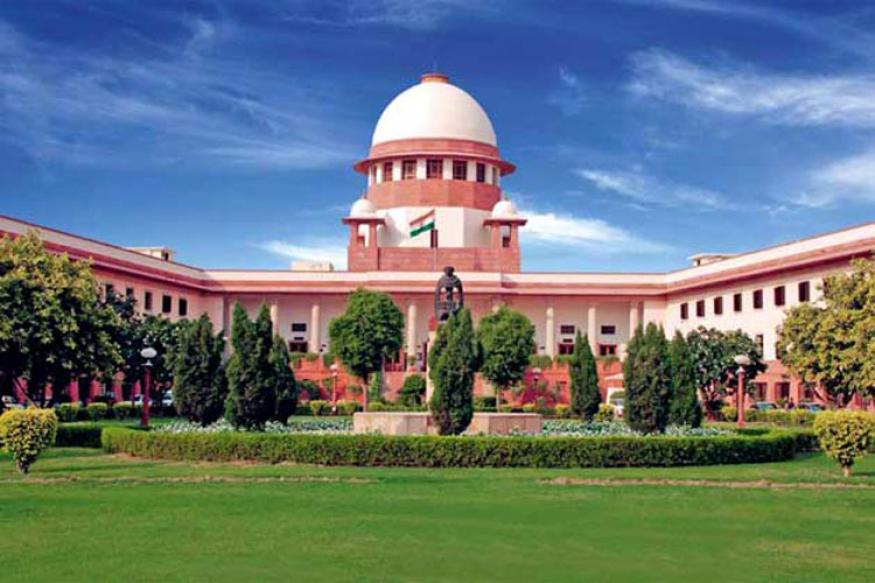-
Tips for becoming a good boxer - November 6, 2020
-
7 expert tips for making your hens night a memorable one - November 6, 2020
-
5 reasons to host your Christmas party on a cruise boat - November 6, 2020
-
What to do when you’re charged with a crime - November 6, 2020
-
Should you get one or multiple dogs? Here’s all you need to know - November 3, 2020
-
A Guide: How to Build Your Very Own Magic Mirror - February 14, 2019
-
Our Top Inspirational Baseball Stars - November 24, 2018
-
Five Tech Tools That Will Help You Turn Your Blog into a Business - November 24, 2018
-
How to Indulge on Vacation without Expanding Your Waist - November 9, 2018
-
5 Strategies for Businesses to Appeal to Today’s Increasingly Mobile-Crazed Customers - November 9, 2018
SC upholds defamation law contested by Rahul, Kejriwal
The two-judge bench of Justices Dipak Misra and Justice Prafulla C Pant said the right to life under Article 21 includes the right to reputation.
Advertisement
The petitioners had argued that criminal defamation goes beyond the Constitution’s article 19(2) that imposes reasonable restrictions on the freedom of speech and expression. The decision from the Apex Court came while hearing a batch petition filed by BJP’s Subramanian Swamy, Congress’s Rahul Gandhi and AAP’s Arvind Kejriwal.
According to the central government, the law is supposed to act as deterrence.
Upholding the constitutional validity of sections 499 and 500 of the IPC, dealing with criminal defamation and punishment for it which entails upto two years imprisonment or fine or both, the court held that the right to freedom of speech and expression is “absolutely sacrosanct” but “is not absolute”.
Earlier, Kejriwal had told the court that there was a need to decriminalise penal provisions for offence of defamation as there have been “inevitable abuse” of the colonial law which needs to be re-examined rigorously.
The verdict assumes significance in the light of a host of defamation cases in the political spectrum, especially the one filed against Chief Minister Kejriwal by Finance Minister Arun Jaitley.
The media reported that the apex court said, “Mutual respect to each other is required to maintain the constitutional value that ensure the dignity of any individual”.
While deciding on the pleas, the court also ruled that the petitioners can move the High Courts against summons issued in defamation cases.
It also said, “A person’s right to freedom of speech has to be balanced with the other person’s right to reputation”.
However, it clarified that since the offence of criminal defamation has its own gravity, the magistrates have to be extremely careful in issuing summons.
Advertisement
And this is what worries us.





























